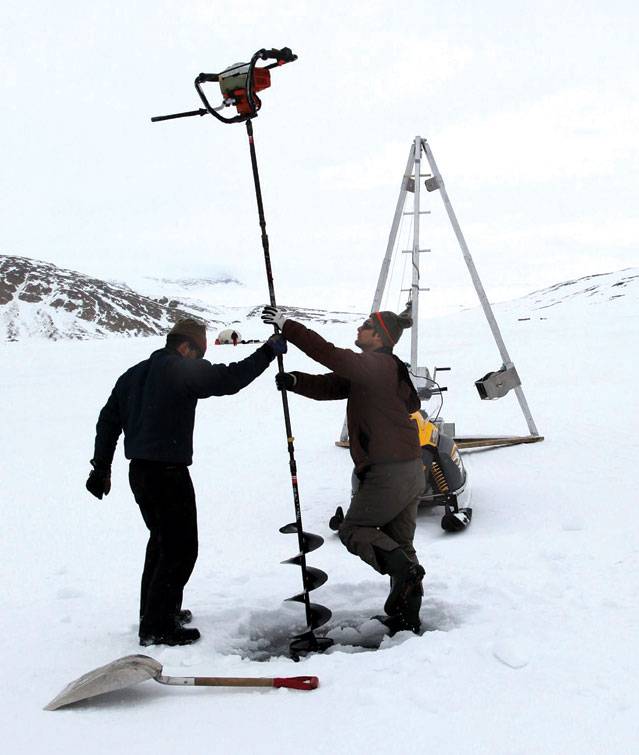ISLAMABAD - Taking advantage of unique properties of sediments from the bottom of Sawtooth Lake in the Canadian High Arctic, climate scientists have extended the record of Atlantic sea-surface temperature from about 100 to 2,900 years, and it shows that the warmest interval over this period has been the past 10 years. A team led by Francois Lapointe and Raymond Bradley in the Climate System Research Center of the University of Massachusetts Amherst and Pierre Francus at University of Québec-INRS analyzed “perfectly preserved” annual layers of sediment that accumulated in the lake on northern Ellesmere Island, Nunavut, which contain titanium left over from centuries of rock weathering. By measuring the titanium concentration in the different layers, scientists can estimate the relative temperature and atmospheric pressure over time. The newly extended record shows that the coldest temperatures were found between about 1400-1600 A.D., and the warmest interval occurred during just the past decade, the authors report. Francus adds, “Our unique data set constitutes the first reconstruction of Atlantic sea surface temperatures spanning the last 3,000 years and this will allow climatologists to better understand the mechanisms behind long-term changes in the behavior of the Atlantic Ocean.”






